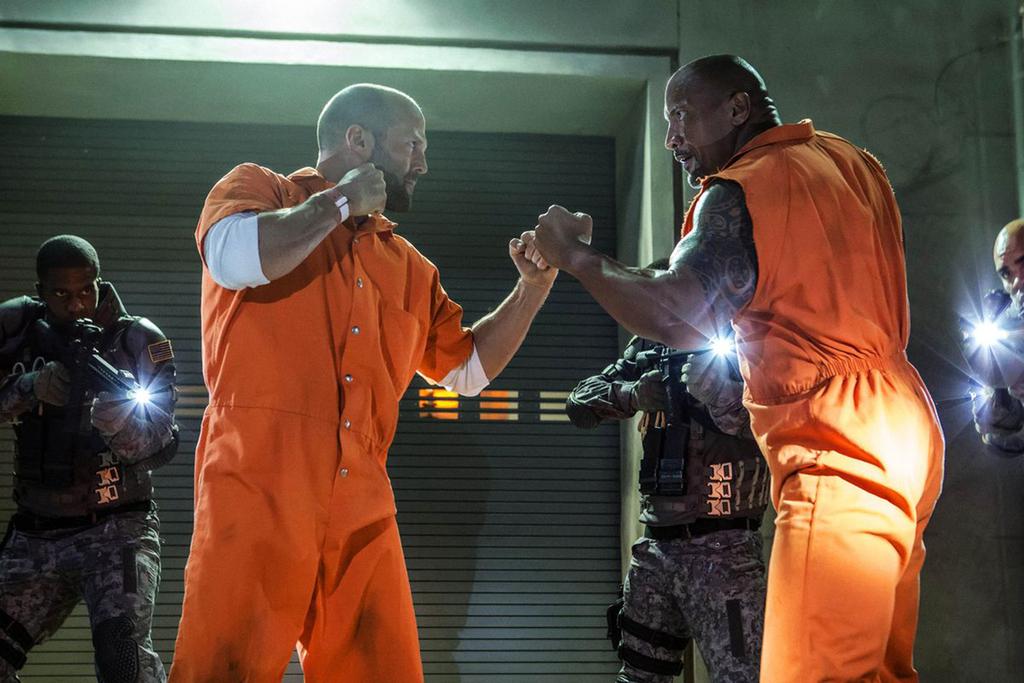Some of the toughest men on screen might not be quite so tough, after all. Many fans of the Fast and the Furious movies had already noticed that, although each of the nine instalments packs no shortage of punch – and punches – none of its main stars ever seems to actually lose a fight on screen. And now, at least according to the Wall Street Journal, we know why.
It has emerged that the stars of what is one of the world’s biggest film franchises were not simply lucky to avoid being pummelled too severely. Instead, they carefully negotiated contracts that would ensure they weren’t beaten up too badly on screen.
Things all began with the franchise’s longest-running star, Vin Diesel, who developed a complicated system in which he assigned numerical values to each blow incurred by each star – punches, kicks, headbutts – as a way of keeping tabs on who was coming out on top.
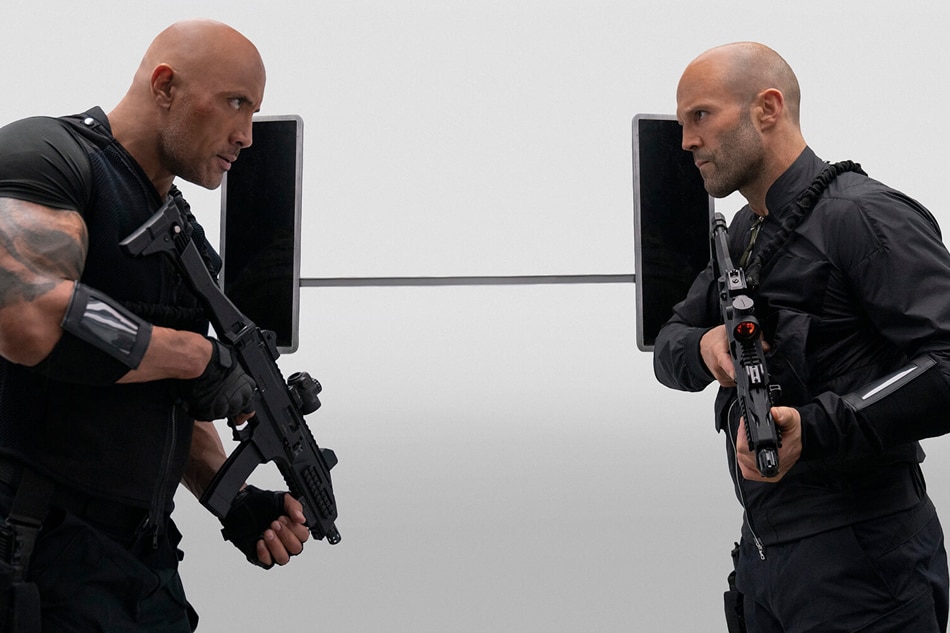
When this became unwieldy, producer Michael Fottell confirmed to the Wall Street Journal that fight scenes were then choreographed beforehand to ensure they didn’t end up too one-sided.
Still, Diesel apparently had his younger sister – who is also a producer on the film series – on hand to count the number of hits the star is taking and ensure things don’t get too lopsided.
Diesel isn’t alone, either. Jason Statham, who stars alongside Dwayne Johnson in Fast & Furious Presents: Hobbs & Shaw, which hit cinemas earlier this month, has a clause in his contract prohibiting him from being beaten up too badly.
During a scene in 2017’s Fate of the Furious, Dwayne Johnson apparently had the script tweaked to have his character sit down on the floor – instead of lying – after taking a beating during one fight.
Beyond the fact that there is clearly a lot of machismo at play here – we are, after all, talking about three of the biggest, beefiest actors in Hollywood – it does make sense. Actors like Dwayne Johnson work hard to maintain a certain image of themselves, on screen and off.
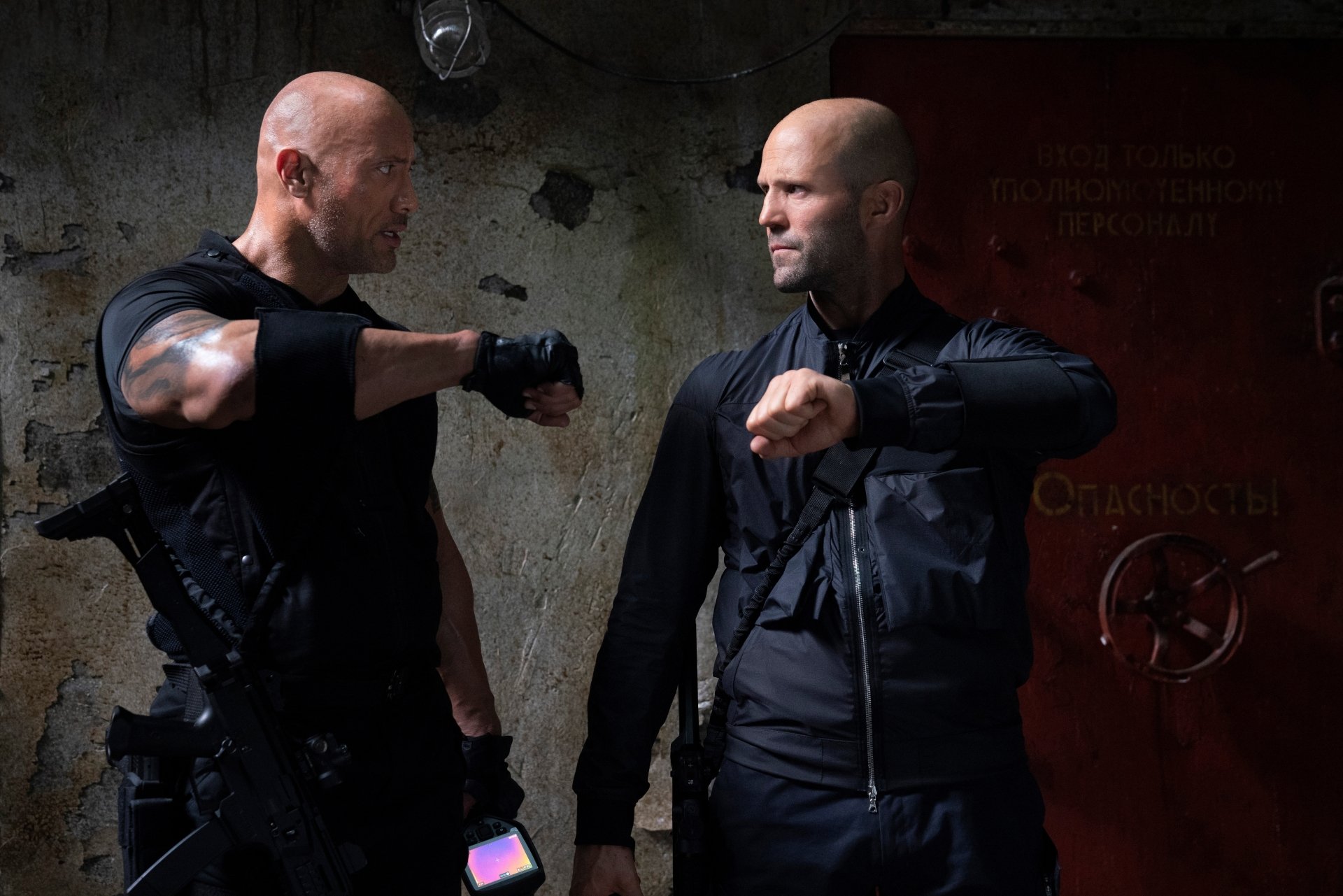
It’s not hard to imagine that there’d be fewer action roles for Johnson out there, if he simply got beaten to within an inch of his life, everytime he was seen on screen. Action movies are the stuff of fantasy, a place for heroes, and for saving the world. No one wants to watch a loser.
It might seem petty for a star to count each and every on-screen punch they receive, but the Fast and the Furious trio are hardly alone in driving a hard bargain.
Steve McQueen famously demanded that for 1974 film The Towering Inferno, he not only be given top billing alongside fellow actor Paul Newman, but also the same number of lines.
When Julianna Margulies was cast in The Good Wife, she had a clause added to her contract to allow her to wear a brown wig – reportedly flown in specially from London at some expense – so that her character would not resemble the one she had played for 15 years on ER.
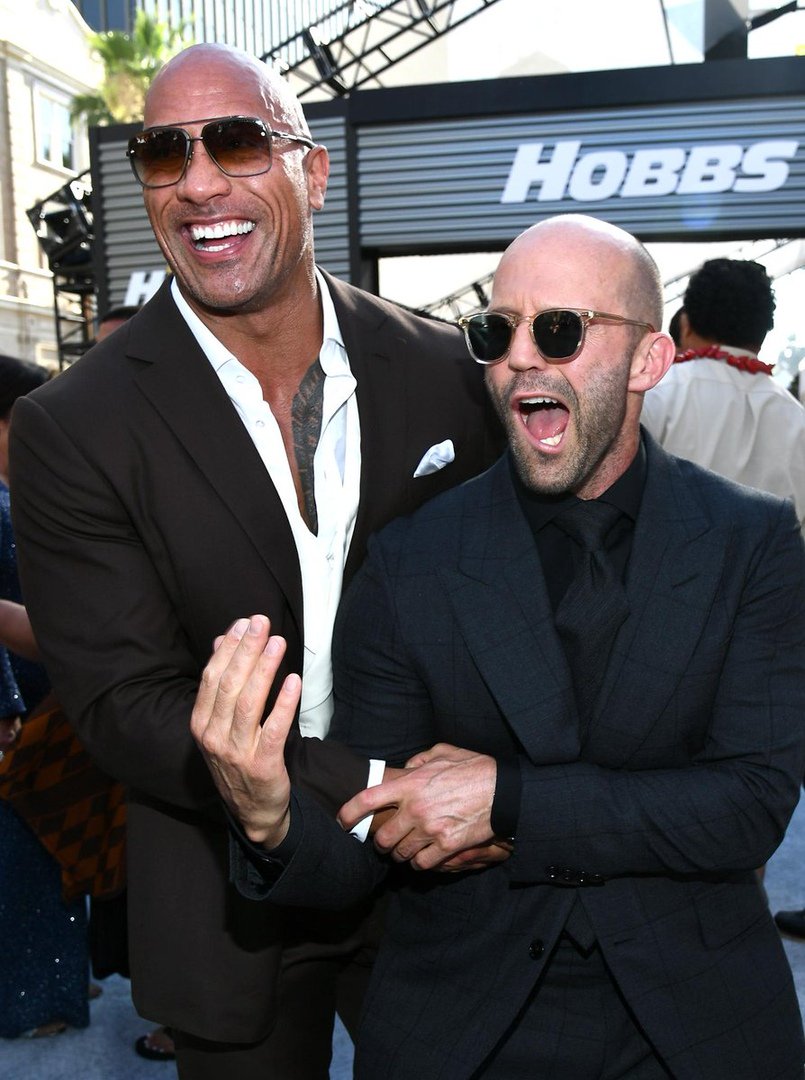
Among the requests that Uma Thurman had required while filming (the as yet still unreleased) Eloise in Paris, was the tidbit that “no other cast member receive more favourable dressing rooms”.
There’s Samuel L Jackson, a well-known golf fan, who apparently has a clause in his film contracts that allows him to play twice a week. While Queen Latifah’s film contracts do not allow her to be killed off – a hard-won stipulation that ensures she cannot be written out of any sequels. Smart thinking.
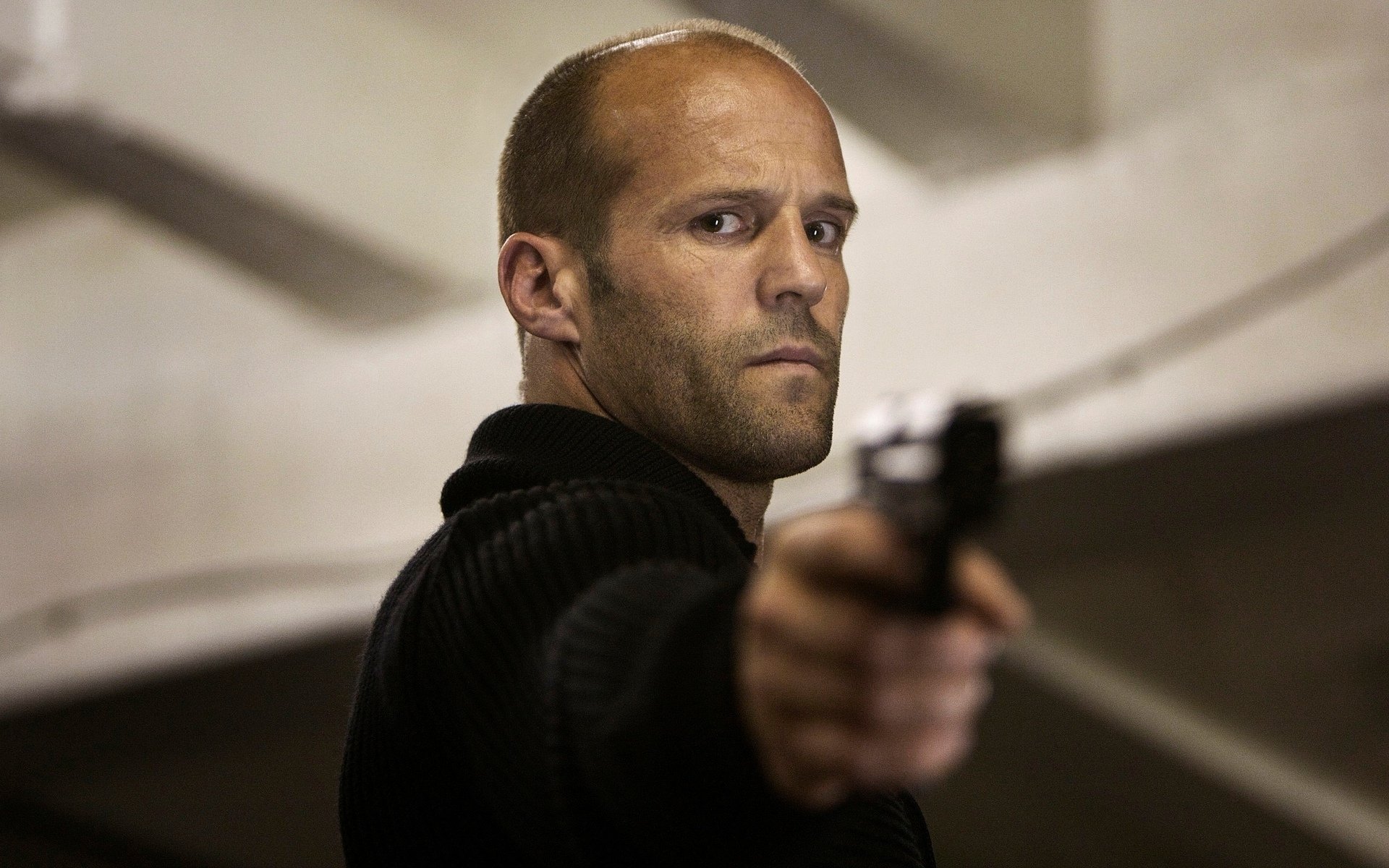
Then there’s the notoriously eccentric Daniel Day-Lewis, whose commitment to method acting saw him refuse to break character, while filming the title role in Lincoln. He also insisted on being addressed as “Mr President”, even when off set – and even by director Steven Spielberg.
To Day-Lewis’ credit, it clearly paid off. Spielberg remained tight-lipped on whether or not he found that particular stipulation grating for the three full months of filming, though no doubt if production had gone on much longer, Day-Lewis could probably have used one of Vin Diesel’s “no punching” clauses in his contract, too.
